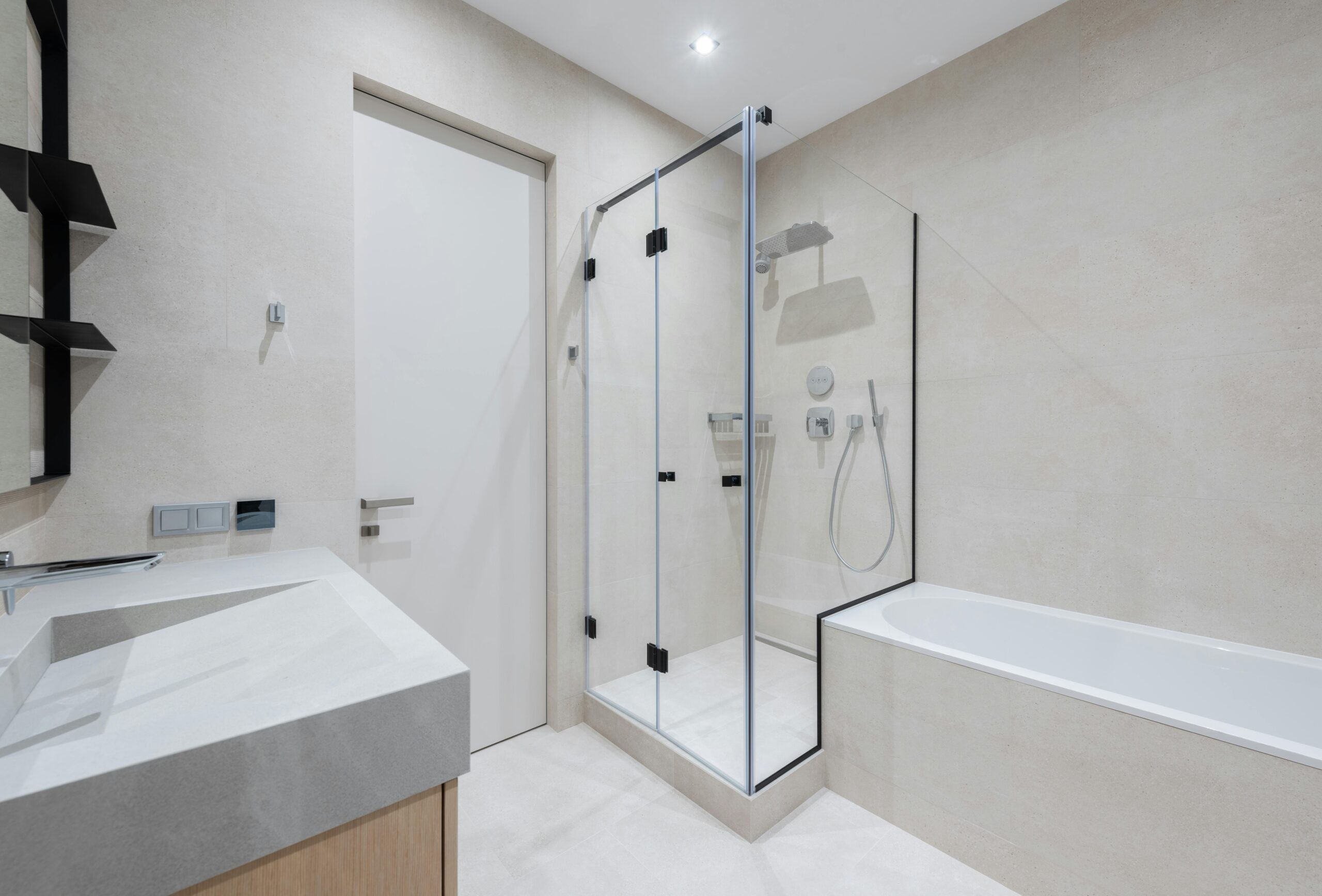Choosing the right plumbing fixtures for a home is essential to ensure functional and efficient residential plumbing. Plumbing fixtures, such as bathroom fixtures and kitchen faucets, must be selected based on durability, efficiency, and compatibility with existing systems. This article focuses on guiding residents and builders in New Jersey through the key factors involved in effective fixture selection to optimize plumbing performance and longevity.
- Effective plumbing fixture selection improves water efficiency and reduces utility costs.
- Durability and material quality are paramount for long-lasting performance in residential plumbing.
- Compatibility with existing pipes and plumbing systems ensures easier installation and maintenance.
- Understanding different bathroom fixtures helps to meet specific functional and aesthetic needs.
- Working with experienced New Jersey plumbing professionals aids in choosing the correct fixtures for home requirements.
Plumbing fixtures are an integral component of any home’s plumbing system, connecting water supply to end-usage points such as sinks, toilets, and showers. The process of selecting appropriate fixtures impacts not only the user experience but also water consumption, maintenance frequency, and overall plumbing system health. This selection is particularly relevant when building a new home, remodeling a bathroom, or replacing outdated fixtures. Homeowners, contractors, and plumbing professionals in New Jersey must consider local plumbing codes, climate conditions, and residential plumbing trends when making these decisions.
The need for choosing the right plumbing fixtures arises from functional, economic, and environmental considerations. Efficient fixtures reduce water waste, which aligns with sustainability goals and lowers water bills. Durability reduces replacement frequency, thereby minimizing downtime and repair expenses. Additionally, aesthetics and design trends influence fixture choice, especially in bathroom fixtures used regularly and prominently. Fixture selection is important across all types of residential plumbing installations, whether in new construction or retrofit projects.
The term “plumbing fixtures” covers the devices that deliver and receive water within a home. These include faucets, sinks, toilets, shower heads, bathtubs, and related accessories. Proper fixture selection ensures the plumbing system’s smooth operation, compliance with regulations, and alignment with user expectations.
Plumbing fixtures are typically categorized by their function and location, such as kitchen fixtures, bathroom fixtures, and outdoor fixtures. Examples include:
- Bathroom fixtures: Toilets, sinks, bathtubs, showerheads, faucets, and bidets.
- Kitchen fixtures: Faucet spouts, sink basins, dishwashers, and water filtration taps.
- Utility fixtures: Laundry sinks, hose bibs, water heaters, and floor drains.
Each fixture must be compatible with the home's existing plumbing infrastructure, including pipe sizes, water pressure levels, and drainage systems. Materials range from brass, stainless steel, chrome, and plastic composites, each offering different levels of durability and cost.
In New Jersey, residential plumbing is shaped by regional building codes, water quality, and climate factors. Plumbing fixtures must meet strict standards for water conservation and safe installation. The market offers a wide range of fixtures, from economical models to high-efficiency and designer options.
New Jersey plumbing professionals often advise clients on fixture selection to optimize energy and water use, especially given state and municipal regulations aimed at sustainability. Popular trends include low-flow toilets, sensor faucets, and thermostatic shower valves that enhance comfort while minimizing resource consumption.
Improper fixture selection can lead to multiple issues, including leaks, water damage, inefficient water use, and frequent repairs. Mismatched fixture-to-system compatibility might cause pressure imbalances or reduced lifespan of plumbing components.
Applications vary widely depending on fixture type. For example, a bathroom faucet does not only need to match basin dimensions but also be rated for appropriate water pressure and delivered flow rates. Similarly, toilets must comply with local water usage regulations and fit designated space constraints.
Choosing fixtures made of corrosion-resistant materials can mitigate the risk of leaks and rust accumulation, especially in New Jersey’s diverse climate which can influence pipe integrity. Additionally, some applications might require specialized features, such as ADA compliance or anti-scalding valves for safety considerations.
Selecting the right plumbing fixtures for a home involves evaluating durability, water efficiency, compatibility, and aesthetics. Effective fixture selection supports sustainable residential plumbing by reducing water wastage and maintenance needs while complying with New Jersey plumbing codes and standards. Understanding available fixture types and their practical applications enables informed decisions that enhance both functionality and design.
For detailed guidance and professional assistance in selecting the best plumbing fixtures tailored to specific home requirements, consulting experienced New Jersey plumbing experts remains a critical step.

Recent Comments